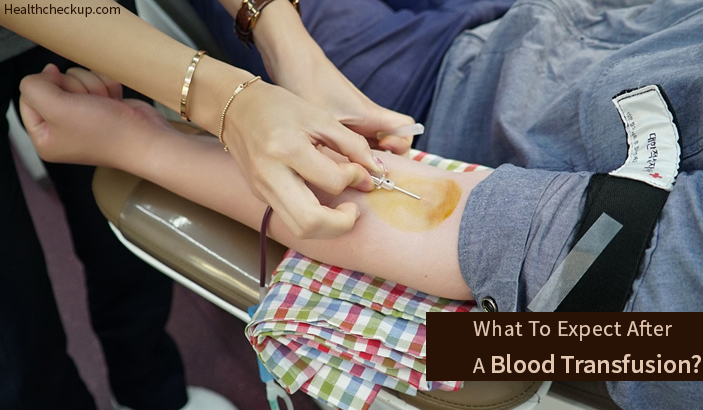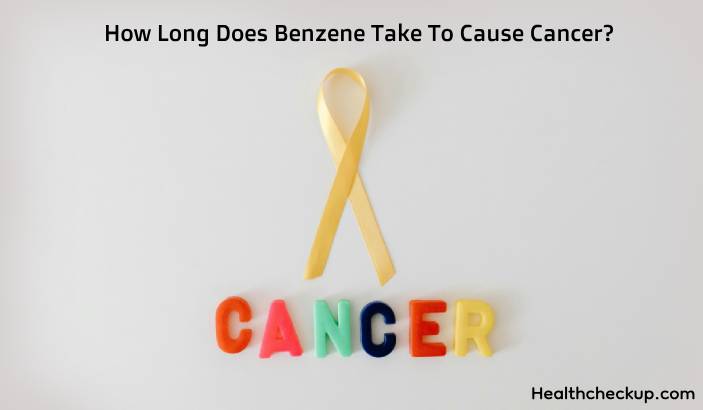There are lots of people thinking for some reason they know a lot (if not all) about the blood transfusion. But in reality, a science of blood transfusions roots back into the past, when people were trying to save lives with animal blood (never helped) and human blood (was helpful, but not always).
Many years were gone before humanity got the clue what was the reason: Karl Landsteiner found that our blood differs and invented blood groups. Still, there are lots of people who are not fully aware of what a blood transfusion is and what to expect after a blood transfusion, if they’re getting one. So here is the full information.
What is A Blood Transfusion?
A blood transfusion is a process of intravascular administration of a donor’s whole blood or its components to a recipient. It is considered a complex operation of human-to-human living tissue transportation. Blood transportation is widely used in surgery, traumatology, gynecology, pediatrics and so on.
A blood transfusion helps to recover the blood volume when it’s lost due to a big passage of blood. Red blood cells, proteins, hormones, and antibodies are coming with the transfused blood. This blood helps to activate one’s prothrombin, lowers vessel wall penetration, increases blood flow, keeps blood pressure normal, helps an organism stand up to anoxemia, and also makes protective functions of an organism and illness resistance better, increases metabolism and patient’s overall health.
Who Needs A Blood Transfusion?
Blood transfusion is widely used in medicine and considered mostly safe, but still complex procedure. There are a few conditions when a blood transfusion is highly required. The list of the conditions consists of:
- Acute blood loss
- Small parenchymal and capillary bleeding
- Anemia
- Leukocytopenia
- Intoxications
- Hypoproteinemia
- Sepsis
- Chronic and Critical Purulent Process
- Shock (ambustial and traumatic)
- Operative treatment
- Bridging blood system function abnormality
Blood transfusion proved itself to be very helpful for the people with these conditions.
Blood Transfusion Types
In the clinical practice, the most widely used types the erythrocyte suspension infusion, freshly frozen plasma, leukocyte and platelet concentrate. In case of anemia, the most necessary procedure is an Erythrocyte Suspension Transfusion. It can be used in conjunction with substitutes and plasma preparations. Complications are extremely rare when the infusion of erythrocytes mass is used.
Transfusion of plasma may be necessary in case of a critical decrease in blood volume with severe blood loss (especially during childbirth), serious burns, sepsis, hemophilia, etc. To preserve the structure and functions of plasma proteins, plasma is frozen after separation of blood to -45ºC. However, the effect of correction of blood volume after plasma infusion is short-lived. In this case, albumin and plasma substitutes are proved to be more effective.
Infusion of platelet mass is necessary for blood loss caused by thrombocytopenia. Leukocyte mass is in demand for problems with the synthesis of its own leukocytes. As a rule, blood or its fractions are introduced to the patient through a vein. In some cases, the introduction of blood through the artery, aorta or bone may be in demand.
Contraindications To Blood Transfusion
The Main Contraindications to Blood Transfusion are
- Heart failure
- Suppurative inflammation of the inner membrane of the heart
- Hypertension of the third stage
- Violation of the blood flow to the brain
- Thromboembolism
- Bronchial Asthma
- Pulmonary Edema
- Glomerular Nephritis
- Severe Impairment of liver function
- General Disturbance of Protein Metabolism
- An Allergic Condition
It is required to bring up any of these before the blood transfusion, because transfusing blood to a person with one of these conditions may lead to undesirable effects.
How is A Blood Transfusion Made
The time required for blood transfusion is not fixed. It depends on how much blood is required and what is the component of blood that is required. But in general, a blood transfusion usually takes from 1 to 4 hours.
People suffering from anemia need a red blood cell transfusion. This takes longer than the transfusion of plasma or platelets. A typical time period for such a procedure is 4 hours, although some changes are possible.
What to Expect After A Blood Transfusion
Usually, doctors monitor the occurrence of side effects during the transfusion process carefully. But you’re the one who knows how you feel the best, so beware of these:
- Fever
- Chills
- Difficulty in breathing
- Nausea
- Itching
- Dizziness
These symptoms can be signs of an allergic reaction to substances in the donor blood. Other reactions are less common and potentially more serious. If the individual has an allergic reaction, then most likely, it will occur within the first 15 minutes of the procedure.
There is also a very small chance, that blood transfusion can get you some serious health damage. The thing is, sometimes viruses can get through the checks unseen and infect the person who receives a blood transfusion. The list of possible infections is like this:
- HIV. Statistics show, that HIV is contained in 1 blood donation of two millions. Count the chances and don’t be afraid.
- Hepatitis B and C. Your risk of getting hepatitis B is 1 chance of 250,000, the chance to hit hepatitis C — 1 of two million.
- Variant Creutzfeldt-Jakob disease (vCJD). People with vCJD are not eligible to donor their blood, which makes the chance of getting the virus via blood transfusion uncountable low
Other Reactions After Blood Transfusion May Be
Fever
Generally, it’s normal response your body gives to white blood cells in the transfused blood. This fever should be easily treated with over-the-counter medications. If you prefer not to use medications if fever treatment, simply try to stay in bed and have a good sleep. It should help.
Iron Overload
You can get this condition only if you get many blood transfusion. Iron overload may lead to liver and heart diseases, so it’s important to treat it as soon as possible. Generally, iron chelation therapy in pills or shots is prescribed.
Lung Injury
Usually occurs within 6 hours after the blood transfusion, although it’s unlikely to occur at all. Lung injury feels like it’s really hard to breathe. Most patients successfully recover after it, but it may really lead to some undesirable consequences, so be sure to contact your doctor ASAP if you feel something’s wrong.
Acute Immune Hemolytic Reaction
This one occurs really rare since the compatibility of the blood groups is thoroughly checked before the transfusion. Acute Immune Hemolytic reaction occurs when the received blood type doesn’t work or match with your blood type. The good side is, it occurs in process of blood transfusion, which means the doctors are going to immediately stop the procedure and help you. It can also occur in a form of delayed hemolytic reaction.
Graft-Versus-Host Disease (GVHD)
Generally happens to people with weak immune systems. During one month after the blood transfusion fever, rash and diarrhea are developing. People with the weak immune system should receive treated blood so the white blood cells couldn’t cause this disease.
How Long Does The Effect of Blood Transfusion Last?
The time duration of the effect deeply depends on the condition that required a blood transfusion. Researchers found that people who suffer from cancer and anemia are getting to feel much better for 15 days. In case of anemia, the blood is transfused until the indicants become normal.
Other Blood Transfusion Rules
All relatives and friends of the person who needs blood transfusion can become donors, but they need to do the check for syphilis, hepatitis, HIV and some other viruses, just like all donors do. A doctor also checks the group of blood and Rh factor. After the donor gives the blood, it is contained frozen for 25 days, and after that period this blood can be used for a transfusion.
Generally, they don’t do only one blood transfusion, it’s almost always a few. The duration of the course and blood transfusions frequency is depending on the condition. In general, the blood transfusion is made every 3–4 weeks, but the blood loss can increase due to tumor destruction and in that case the blood transfusion frequency increases.
Medically Reviewed By








